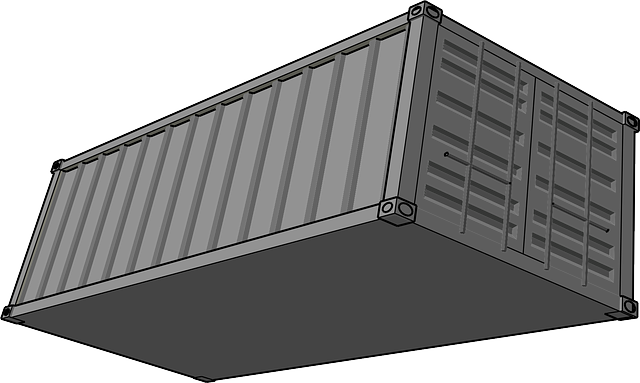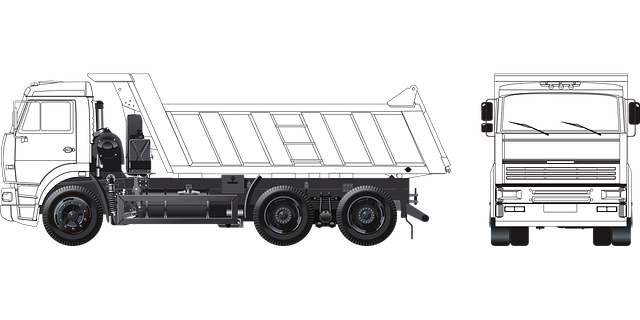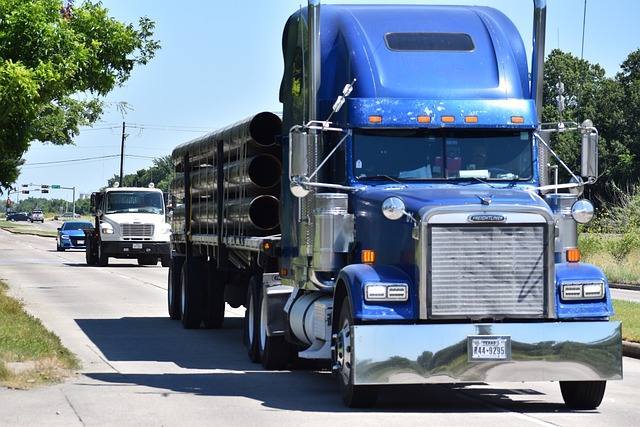For newcomers to commercial trucking, General Liability Coverage (GLC) is a crucial risk management tool that protects against unexpected risks not covered by cargo or vehicle insurance, such as accidents and property damage. Understanding the difference between primary and general liability insurance is essential for navigating the complexities of trucking liability. When choosing an insurer, new truckers should look for companies specializing in trucking risks with responsive claims handling, flexible options, fair pricing, and convenient policy management.
New truckers face a complex web of insurance requirements, especially when it comes to primary and general liability coverage. This article serves as your comprehensive guide through this process, ensuring you’re well-informed about the intricacies of commercial trucking liability insurance. We’ll break down essential components, from understanding primary liability’s crucial role in protecting against unforeseen incidents to navigating policy types and limits. By the end, you’ll be equipped with valuable tips for selecting the best provider for your needs.
Understanding Primary Liability Insurance for Truckers

For new truckers, understanding primary liability insurance is a critical step in navigating the complexities of commercial trucking liability. This type of coverage protects against claims arising from accidents involving your vehicle and any damage or injury caused to others. It’s essentially the first layer of protection for truckers, kicking in immediately upon an incident. Unlike other types that might build up over time, primary liability insurance is activated as soon as a claim is filed.
Primary liability insurance is designed to cover medical expenses, property damage, and legal fees stemming from accidents caused by your negligence. It’s crucial because it can shield you from significant financial burdens and protect your personal assets in the event of a lawsuit. As a new trucker, familiarizing yourself with this coverage and ensuring you have adequate limits is an essential part of managing risk on the road.
General Liability Coverage: Protecting Against Unforeseen Risks

For new truckers, understanding General Liability Coverage (GLC) is paramount. This type of insurance protects against unforeseen risks associated with commercial trucking operations. GLC covers damages and claims that may arise from accidents, property damage, or injuries to third parties not involved in the transportation itself. It’s a crucial component of a comprehensive risk management strategy for any trucker, ensuring financial protection against potential liabilities outside of specific cargo or vehicle insurance policies.
In the dynamic world of commercial trucking liability, GLC serves as a safety net that can shield against unexpected incidents like slip-and-fall accidents at loading docks, damages caused by equipment malfunctions, or even personal injuries to bystanders near truck stops. By understanding and leveraging this coverage, new truckers can better navigate the complexities of their profession with peace of mind knowing they have broader protection beyond what’s required for driving on the roads.
Navigating Different Policy Types and Limits

When delving into commercial trucking liability, understanding the distinction between primary and general liability insurance is paramount for new truckers. Primary liability insurance, as the name suggests, is the first line of defense against claims resulting from accidents or damages caused during operations. It covers direct losses and is typically required by law for all vehicles engaged in commercial trucking activities.
General liability insurance, on the other hand, offers broader protection by covering a range of unforeseen events that may arise, such as property damage, personal injury, or even advertising disputes. While primary liability insures against immediate financial burdens tied to accidents, general liability insurance provides a safety net for broader legal issues and potential long-term consequences in the event of a claim. New truckers should carefully consider these policy types and their limits to ensure adequate protection tailored to their specific operational needs.
Tips for Choosing the Right Commercial Trucking Liability Insurance Provider

When selecting a commercial trucking liability insurance provider, it’s essential to consider their expertise and specialization in the trucking industry. Look for companies that have a deep understanding of the unique risks associated with truckers, such as cargo damage, driver fatigue, and on-the-road accidents. This specialized knowledge will ensure that your policy covers these specific concerns adequately.
Research potential providers’ customer reviews and testimonials to gauge their reputation and service quality. You want an insurance company known for its responsive claims handling, flexible coverage options, and fair pricing. Additionally, consider their network of repair shops and the convenience of policy management, especially if you’re a new trucker looking for simplicity and peace of mind.
Understanding the nuances of primary and general liability insurance is crucial for new truckers to mitigate risks associated with their operations. By grasping the importance of each coverage type, selecting appropriate policy limits, and choosing a reputable provider, aspiring drivers can navigate the complex landscape of commercial trucking liability with confidence. This knowledge ensures they are well-protected against unforeseen events, fostering a smoother transition into the industry.
